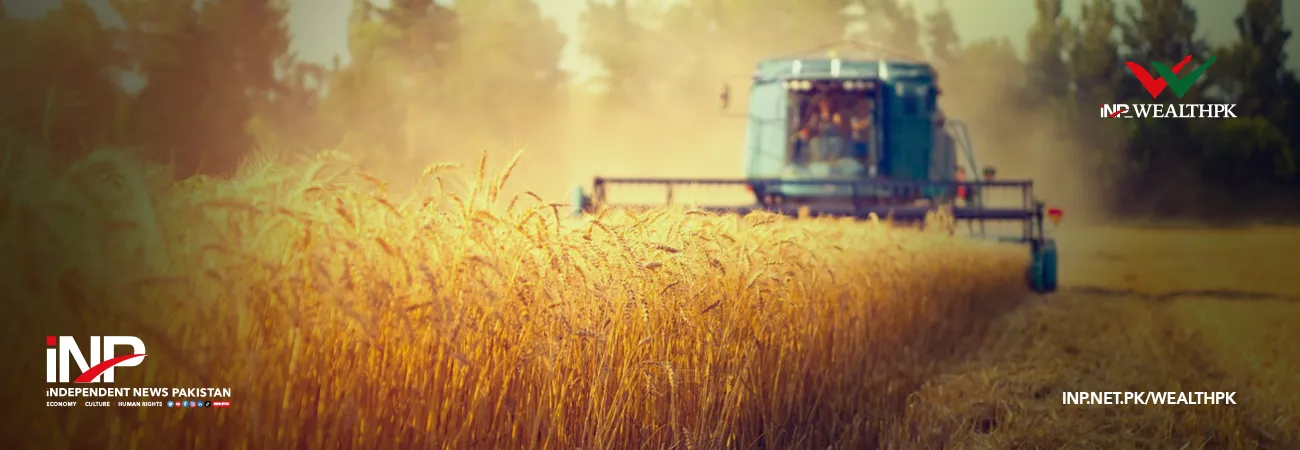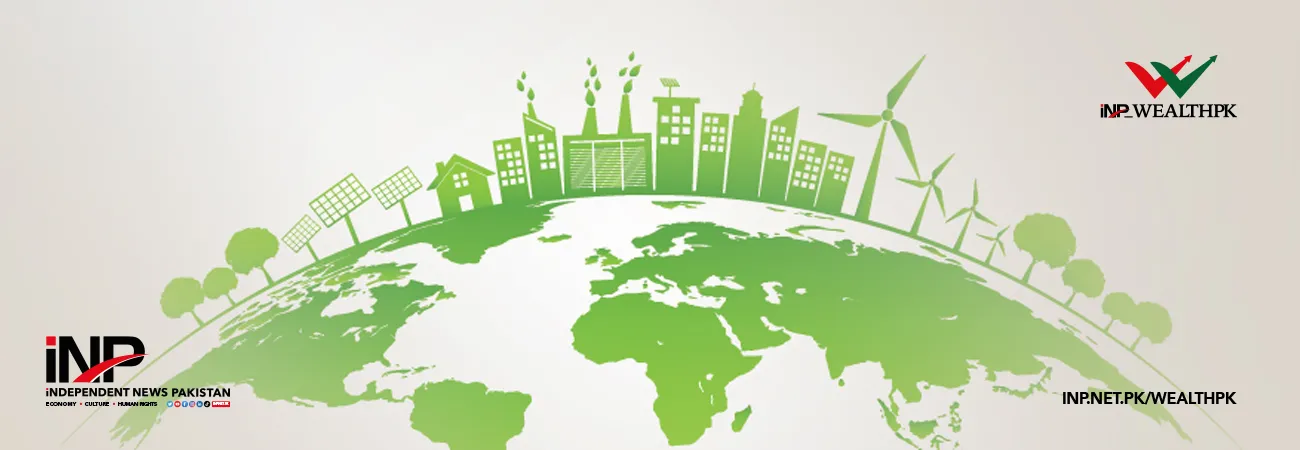INP-WealthPk
Arooj Zulfiqar
Pakistan is seeking billions of dollars in investment from Gulf countries to boost agricultural output and bring about economic revival as it is planningto make agriculturea major driver of economic growth. A Land Information and Management System Centre of Excellence (LIMS-CoE) has been established in Pakistan to improve modern farming on more than 9 million hectares of state land that is currently uncultivated, with Saudi Arabia providing initial investment of $500 million to improve the country’s irrigation system. The centre will work in collaboration with Saudi Arabia, the United Arab Emirates, Qatar, Bahrain and China on various agriculture projects to enhance Pakistan’s exports. “Pakistan has over 225 million people and feeding them is a huge challenge. By 2050, Pakistan’s population is projected to reach 336 million, increasing pressure on agriculture.
As a solution, Pakistan launched the 'Green Pakistan' initiative to improve food security, boost exports, and reduce imports of agriculture-related goods,” saidIjaz Ahmed Bajwa, Joint Secretary, Ministry of National Food Security and Research. In recent years, the country has experienced climate shocks that harmed the agriculture sector. As a result, productivity is currently below the average, with diminishing cultivated area. “Agricultural productivity is highly sensitive to adverse climatic events like flood and drought along with abnormal heat waves, rain, and glacial melt. More severely, the prolonged precipitation patterns increase river and inland flooding. During July-August 2022, Pakistan experienced an unprecedented episode of territorial rains followed by flash flooding, causing damage to crops and livestock.
In order to enhance agricultural output, Pakistan is seeking Gulf Cooperation Council (GCC) investmentwhich can bring advanced farming technologies and practices to Pakistan's agricultural landscape. Countries within the GCC are using agricultural technology to increase the share of food produced within their borders and minimise imports. The challenge for GCCcountries, who are currently secure in terms of food availability, is to minimise their dependence on food imports and grow produce under difficult conditions, an issue that agricultural technology is increasingly capable of solving. “We have seen that our major crops’ production is declining, which puts a strain on foreign reserves as we must import goods to fulfil the country’s needs.Collaborative efforts with GCC countries can pave the way for substantial research and development initiatives. Such advancements can lead to sustainable agricultural practices and increased yield,” Bajwa said.
Credit: INP-WealthPk













